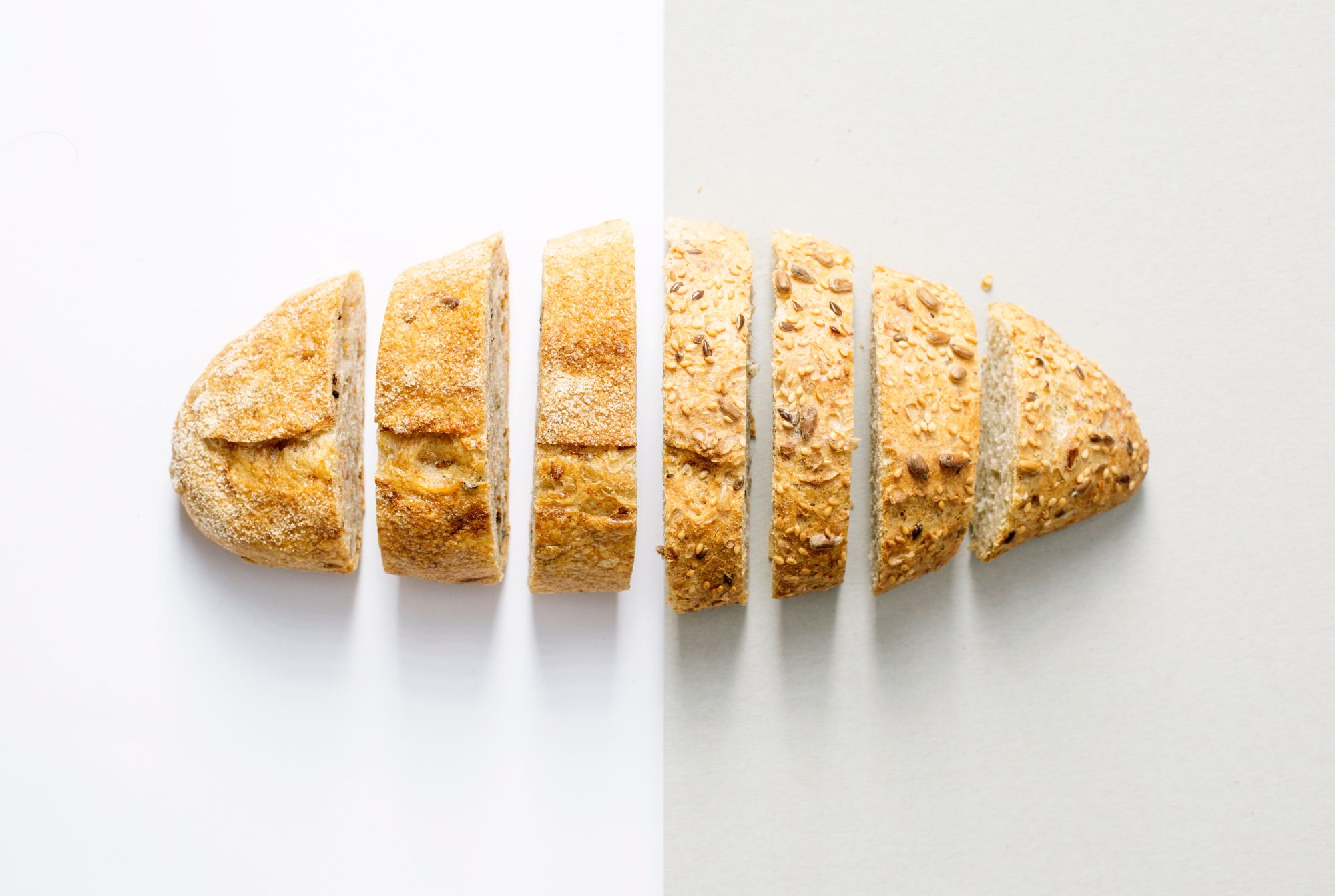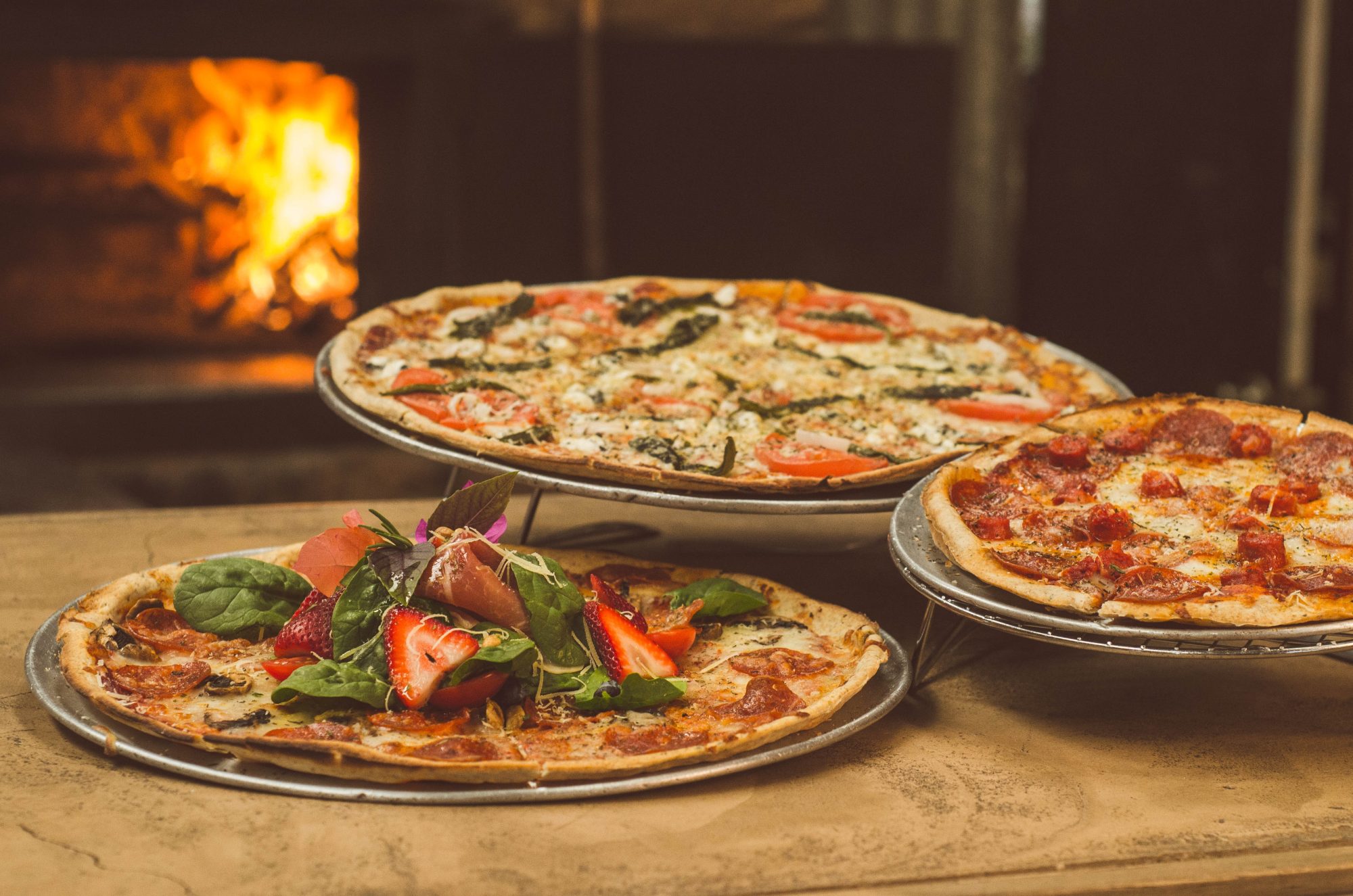Just when you thought the experts had spoken and the people agreed that the Mediterranean diet was best, social media whet people’s appetites for more. This year alone, there’s been the “all-carnivore diet” and “All-McDonald’s diet,” which are precisely what they sound like and have received two thumbs down from the nutrition community.
However, another diet trend won’t go away: Gluten free.
Gluten is a term used to describe proteins found in wheat, rye, barley, and triticale (a wheat-rye cross). There are a ton of foods with gluten, like bread. Gluten helps keep their shape and serves as a glue to hold everything together.
A gluten-free diet is necessary for some people, such as those with gluten sensitivities or celiac disease. However, do people without these conditions need to stock up on gluten-free foods? Should they go entirely gluten-free?
The short answer is no.
“There are no benefits to being gluten-free if you don’t need to be,” said Anna Mapson, a registered nutritionist and founder of Goodness Me Nutrition.
Nutrition experts broke down the pros, cons, and misconceptions of living gluten-free (without celiac or a sensitivity).

The basics of a gluten-free diet
Before you eliminate an ingredient, it’s best to get the facts.
What foods have gluten?
Gluten-free diets can be challenging because it’s in so many foods, including ones you wouldn’t expect. Kimberly Gomer, RDN, a private practicing registered dietitian in Miami, says you’ll find gluten in:
- Beer
- Bread
- Cakes
- Pies
- Bulgur wheat
- Cereal
- Cookies
- Crackers
- Communion wafers
- French fries
- Crotons
- Sauces
- Chips
- Soups
Are there benefits to going gluten-free?
Generally, no.
“While a gluten-free diet is essential for people with celiac disease or gluten sensitivity, there is no evidence to suggest that a gluten-free diet is beneficial for the general population,” said Nick Zanetti, a nutritional therapist.
However, some people may have issues with gluten, even if they don’t have celiac disease or a sensitivity.
“There is a percentage of the population that responds to the main protein in gluten called gliadin by producing a protein in the intestine called zonulin,” Zanetti said, pointing to a 2006 study on the subject. “This is a problem as zonulin can raise the level of intestinal permeability and inflammation.”
Are there drawbacks to going gluten-free?
Many, actually.
“There are several potential drawbacks to a gluten-free diet, including nutrient deficiencies, increased cost, and social restrictions,” Zanetti said.
Mapson adds that buying gluten-free foods like special bread products can be costly. She also adds that gluten is essential to digestive health in many fiber-rich products like whole grains.
“If you’re gluten-free, you should eat a lot of vegetables, fruits, nuts and seeds, pulses, wholegrains such as oats (if tolerated), brown rice, and gluten-free quinoa,” Mapson said.

Myths about gluten-free diets, debunked
The gluten-free craze isn’t new, and nutrition experts say it’s long past time to nix these myths about the gluten-free diet. Experts discussed nutrition and weight loss myths.
Gluten is inherently bad for you
That is not true, but the idea that gluten is bad for you is too common.
“In reality, gluten is a protein found in wheat, barley, and rye, and it is only harmful to those with celiac disease or gluten sensitivity,” Zanetti said. “But any food containing gliadin — one of the main proteins of gluten — has the potential of trigger intestinal permeability and an increase in inflammation.”
The keyword: Potential.
Gluten-free foods are healthier
Seeing “gluten-free” on a label is not a catch-all sign the food is “healthy.”
Processed, high-sugar foods like cookies and cakes might be gluten-free, but that doesn’t mean consuming only them will lead you to health and wellness.
“The main drawback I have seen in my clients is that they add gluten-free processed foods to their diets, assuming it is healthier,” Gomer said. “The majority of gluten-free products like bread, cereal, cookies, and cakes are even more processed and loaded with more sugar, salt, and processed flours as compared to their gluten-laden counterparts.”
If you’re going gluten-free, continue to read the whole nutrition label as you meal plan and shop.
“It is important when attempting to transition to a gluten-free diet that whole, unprocessed foods are replacing the gluten-containing ones, Gomer said.
Gomer suggests adding more whole grains to your diet, including gluten-free oats, corn, and brown rice.
You will definitely lose weight on a gluten-free diet
If only it were that easy.
“They may believe that just removing gluten will magically help them lose weight,” Gomer said. “I have seen many clients actually gain weight when removing gluten.”
Gomer noted that there are many lifestyle factors involved.
“This means choosing other healthy foods like fruits, vegetables, lean protein, and lots of water,” Gomer said. “Consistent exercise also leads to better health outcomes with a well-balanced diet with gluten-containing foods.”
Bottom line?
“We always strive for optimal health and energy – both physically and mentally,” Gomer said. “We need to be careful not to have one scapegoat – gluten.”
Gluten-free diets are popular but often misunderstood. Though necessary for certain people, namely those with celiac, most experts say the cons outweigh the pros for everyone else. Gluten-free diets may lack nutrients, such as fiber, a component of good digestive health. “Gluten-free” doesn’t mean healthy, and cutting it from your diet won’t necessarily help you lose weight. Other lifestyle factors, such as a holistic approach to your diet and exercise, play into weight.
What’s more, you’re not the number on the scale. Aim to eat nutritious foods that make you feel good — whatever that means to you. Speaking to a primary care physician or dietician about your food choices can be helpful if you are concerned.
Editors' Recommendations
- Everything you need to know about the low FODMAP Diet
- Experts think you should sleep like an astronaut – here’s why
- The benefits of swimming: Why you need to add this low-impact workout to your fitness routine
- The FDA is changing its stance on salt substitutes — here’s what a dietitian says you should know
- These incredible leg workouts don’t include any squats or lunges




